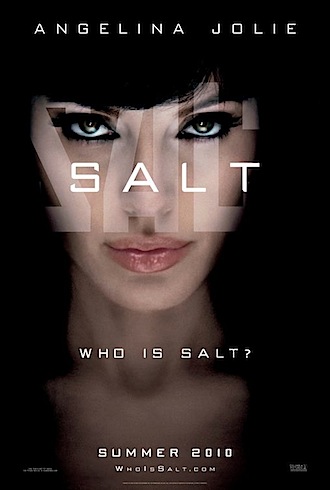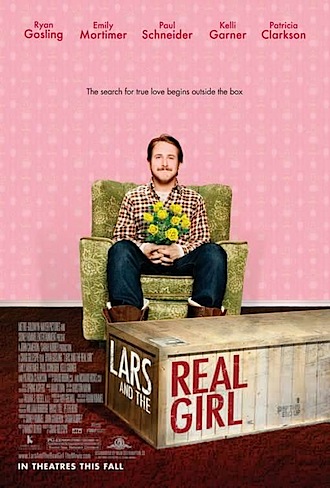When I first visited this country back in 1982 we flew across the Pacific Ocean in daylight and from my window seat I got a birds eye view of ……
Read More

If I had to use a four letter word starting in 'S' and ending in 'T' to describe the new Angelina Jolie thriller, Salt wouldn’t be the first word I…
Read More

In past columns this reviewer has pretty much unilaterally labelled 27 year old Ryan Gosling as the new Marlon Brando (thanks to extraordinary performances in Half Nelson and The Believer)…
Read More
